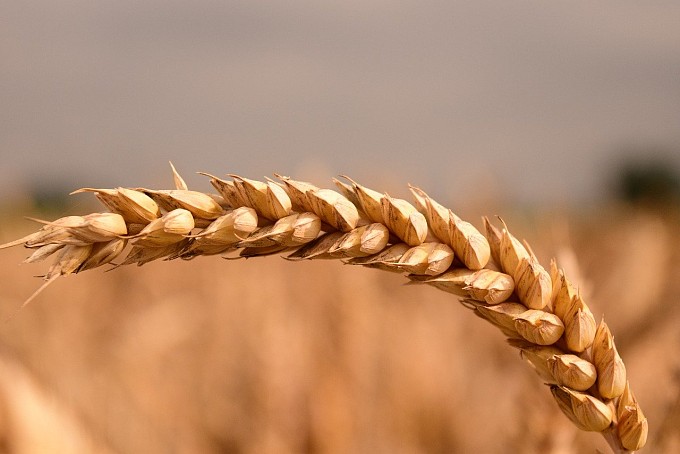
The farmers of Kazakhstan are “ringing all the bells”; they are concerned that they cannot sell unclassified wheat, of which there is a lot this season. The food corporation promised to purchase 350 thousand tons of such grain from farmers, but this is very little, according to the Association of Agricultural Producers of the Kostanay Region and is asking to increase the purchase volume to 3 million tons. The situation is aggravated by the fact that a lot of inferior wheat comes from Russia, it “puts pressure” on our market, and already low prices fall even more, reports the APK News agency.
“The food corporation announced that it will buy non-grade wheat, but we still do not see the terms of purchase. Please buy non-class wheat from private traders, remove this tension from agriculture! A lot of wheat comes from Russia. We began to consider this issue. Who can bring wheat? We agree that grain processors. But there are also those who produce feed, they use unclassified wheat, as well as distillers, poultry houses and, moreover, licensed elevators,” a representative of the Association of Agricultural Producers of the Kostanay Region, the industry council of the Chamber of Entrepreneurs on agro-industrial complex issues, the founder, said at the congress of the Chamber of Entrepreneurs Asia Altyn-2000 LLP Svetlana Mikhailenko.
The Association stated that restricting the import of feed grain from Russia is a pressing issue for farmers in Kazakhstan. It is necessary to provide a sales market in the country, firstly, for domestic farmers.
“We reaped the harvest, but in fact it turned out that most of it was unclassified grain. And now we, all farmers, have simply become hostages of the situation, because the harvest has already been harvested, but the elevators do not accept it, I think that they are simply technically not ready for this,” said Svetlana Mikhailenko.
There are farms where they dry grain on their own, but as it turns out, this is not economically profitable. Because drying costs are approximately 15 thousand tenge per hectare, and low-quality grain on the market costs from 40 to 50 thousand tenge per ton, but it is difficult to sell even at that price. There is wheat that is not sold at all.
A representative of the Association outlined to the Ministry of Agriculture the need for the Food Corporation to purchase non-grade grain in the Kostanay region in the amount of at least 3 million tons to help pay off its obligations.
“The availability of extracurricular wheat – this issue is not being addressed enough. The loans have now been extended. But, in fact, no one could pay for them. What is the next solution? There is no collateral, we cannot get loans,” said S. Mikhailenko.
Another problem is the revision of the deadlines for reviewing applications for subsidies for pesticides and seeds and extending them until May 1, 2024, so that farmers do not lose the right to receive subsidies in the current and already difficult situation.
Kostanay agricultural producers also talked about the abolition of VAT or the use of VAT on the import of seeds for the 2024 sowing season as a offset, as well as changes for financial institutions, regarding the possibility of lending in the presence of overdue obligations for 2024, by providing collateral and bank guarantees and prolongation accounts payable for a period of at least 2 years.